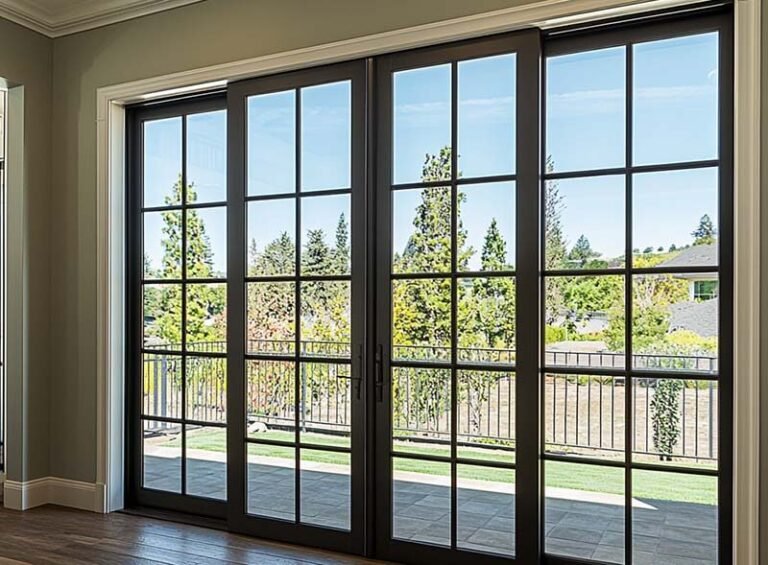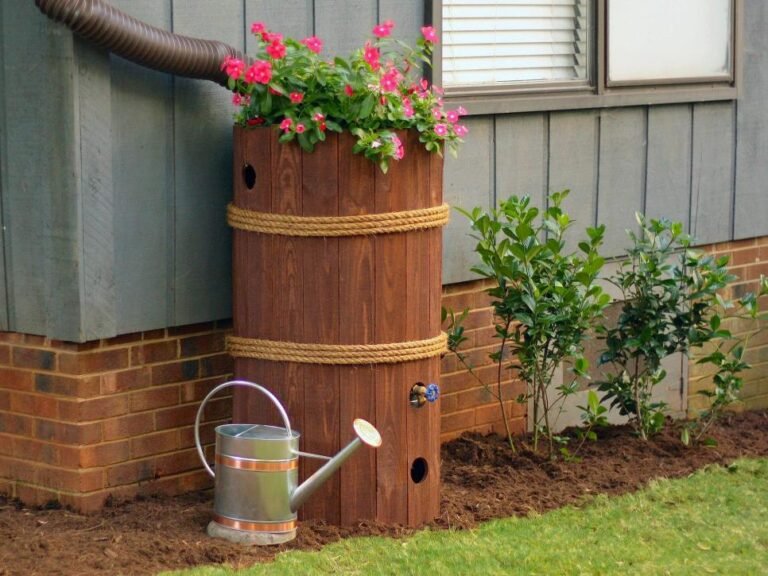Introduction
Kitchen countertops play a crucial role in both the functionality and aesthetics of a kitchen. They serve as a work surface for food preparation, dining, and socializing. With various materials available on the market, choosing the right countertop material can be overwhelming. In this guide, we’ll explore different countertop materials to help you make an informed decision for your kitchen.
Granite Countertops
Granite countertops are renowned for their durability and natural beauty. They offer a wide range of colors and patterns, making them suitable for various kitchen designs. While granite is heat-resistant and scratch-resistant, it requires periodic sealing to maintain its integrity.
Quartz Countertops
Quartz countertops are engineered stone surfaces composed of natural quartz crystals and resins. They offer the appeal of natural stone with low maintenance requirements. Unlike granite, quartz countertops are non-porous and do not require sealing. They also offer consistency in color and pattern, making them ideal for modern kitchens.
Marble Countertops
Marble countertops exude luxury and elegance with their timeless beauty. They are prized for their unique veining patterns and soft, smooth surface. However, marble is more susceptible to scratches, stains, and etching than other materials. Regular sealing and maintenance are necessary to preserve its appearance.
Butcher Block Countertops
Butcher block countertops add warmth and character to a kitchen with their natural wood grain. They are suitable for traditional and rustic-style kitchens, providing a warm and inviting atmosphere. However, butcher block countertops require periodic sealing and maintenance to prevent warping and water damage.
Concrete Countertops
Concrete countertops offer a customizable and modern aesthetic, allowing for unique designs and finishes. They are highly durable but may develop cracks and stains over time. Proper sealing and maintenance are essential to prolong their lifespan and maintain their appearance.
Solid Surface Countertops
Solid surface countertops are composed of acrylic or polyester resins mixed with minerals. They offer a seamless and non-porous surface that is resistant to stains and bacteria. However, they have limited heat resistance and can be susceptible to scratches and chips.
Laminate Countertops
Laminate countertops are an affordable and versatile option available in a wide range of colors and patterns. While they are easy to clean and maintain, they are prone to scratches, burns, and moisture damage. Laminate countertops are best suited for budget-conscious homeowners seeking a quick and easy upgrade.
Stainless Steel Countertops
Stainless steel countertops are favored for their sleek and contemporary design, making them a popular choice in modern kitchens. They are heat-resistant, hygienic, and easy to clean. However, they can be expensive and are susceptible to scratches and fingerprints.
Tile Countertops
Tile countertops offer endless design possibilities with a wide range of colors, shapes, and textures available. They are durable and heat-resistant but require regular grout maintenance to prevent staining and mildew growth.
Comparison of Cost and Maintenance
When choosing a countertop material, it’s essential to consider both cost and maintenance requirements. Granite and quartz countertops tend to be more expensive upfront but require minimal maintenance. In contrast, laminate and tile countertops are more affordable but may require more frequent maintenance.
Factors to Consider When Choosing
Several factors should influence your decision when selecting a countertop material, including your kitchen usage, lifestyle, design preferences, and budget. Consider how often you cook, whether you have children or pets, and your overall aesthetic preferences.
Environmental Impact
In addition to aesthetics and functionality, consider the environmental impact of different countertop materials. Look for sustainable and eco-friendly options that minimize waste and energy consumption. Materials like quartz and recycled glass offer environmentally friendly alternatives to traditional stone countertops.
Popular Trends in Countertops
Current trends in countertop materials include innovative designs and finishes that reflect the latest in kitchen design. From matte finishes to waterfall edges, there are endless possibilities for creating a unique and stylish kitchen.
Conclusion
Choosing the right kitchen countertop material is a significant decision that will impact the functionality and aesthetics of your kitchen. By considering factors such as durability, maintenance, cost, and environmental impact, you can select a countertop material that meets your needs and enhances your kitchen design.






